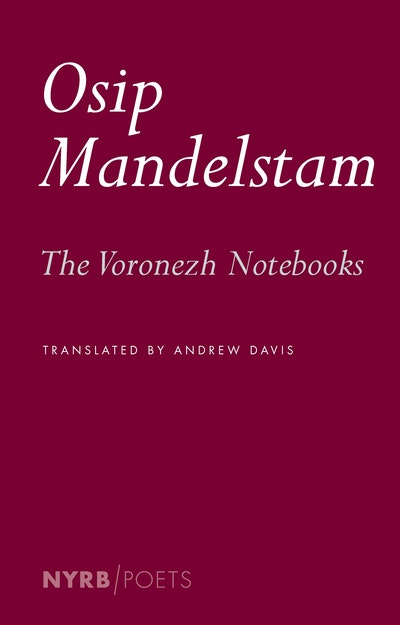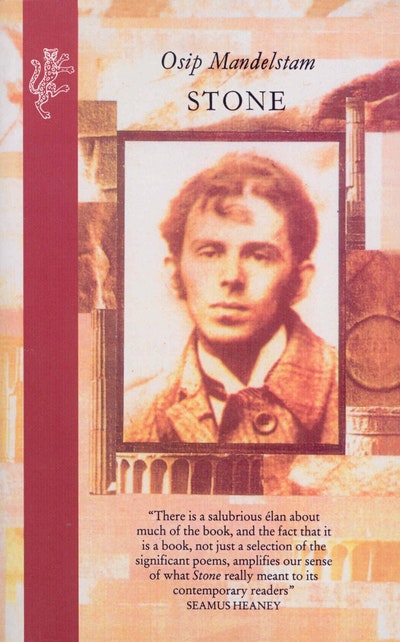- Published: 15 January 2016
- ISBN: 9781590179109
- Imprint: NY Review Books
- Format: Paperback
- Pages: 128
- RRP: $29.99
Voronezh Notebooks
- Published: 15 January 2016
- ISBN: 9781590179109
- Imprint: NY Review Books
- Format: Paperback
- Pages: 128
- RRP: $29.99
Praise for Osip Mandelstam:
"Russia's greatest poet in this century." --Joseph Brodsky
"It is one thing to discover internal unity in a scholar's quiet career, quite another to find it in the works of a man subjected to years of harassment, terrorization, exile and proscription. In circumstances as hostile as those in the Soviet State, [Mandelstam] was forced to sacrifice everything...in order that this gift survive as it was meant to." --Sven Birkerts, The Iowa Review
"Mandelstam was a tragic figure. Even while in exile in Voronej, he wrote works of untold beauty and power. And he had no poetic forerunners...In all of world poetry, I know of no other such case. We know the sources of Pushkin and Blok, but who will tell us from where that new, divine harmony, Mandelstam's poetry, came from?" --Anna Akhmatova, The New York Review of Books


